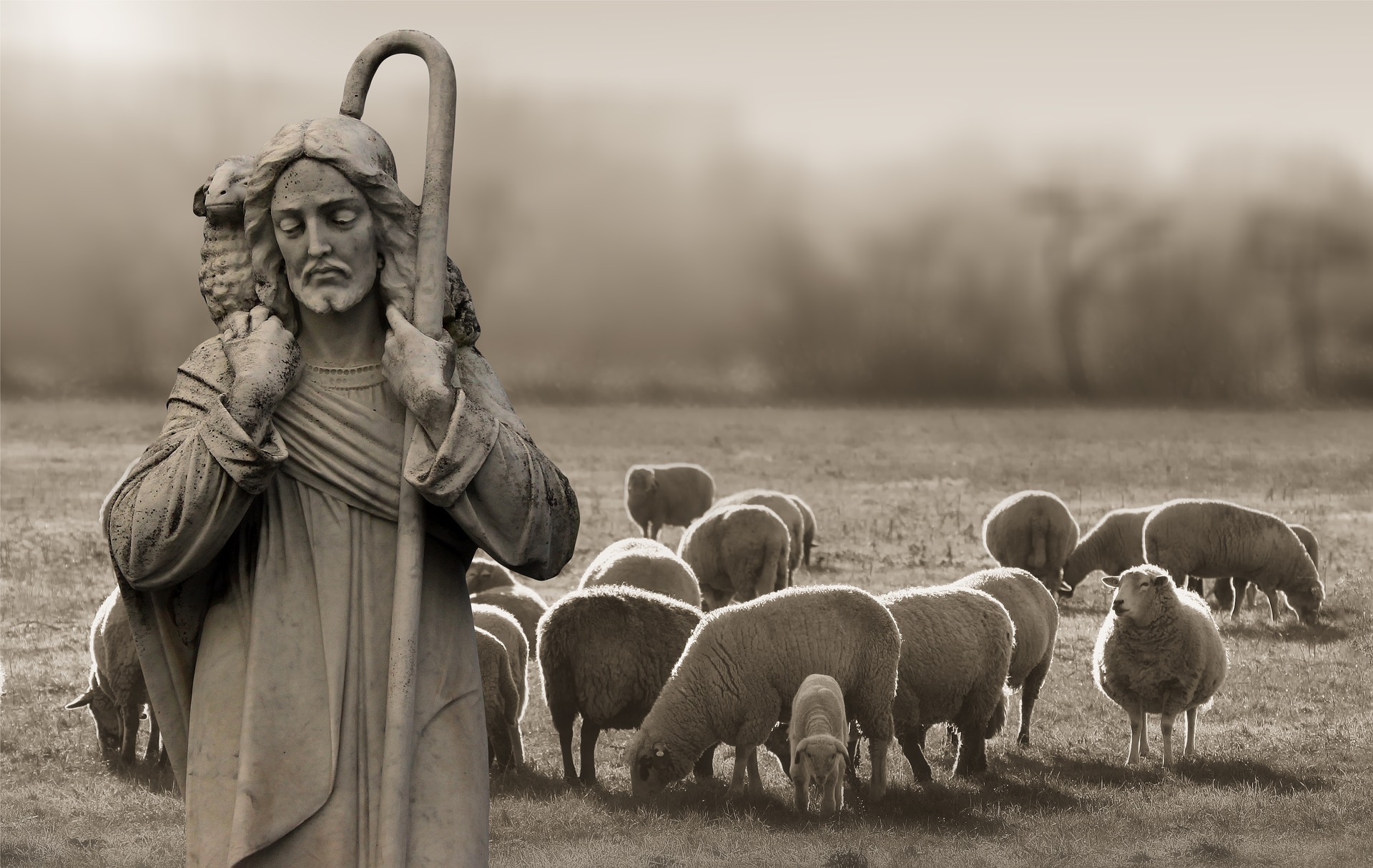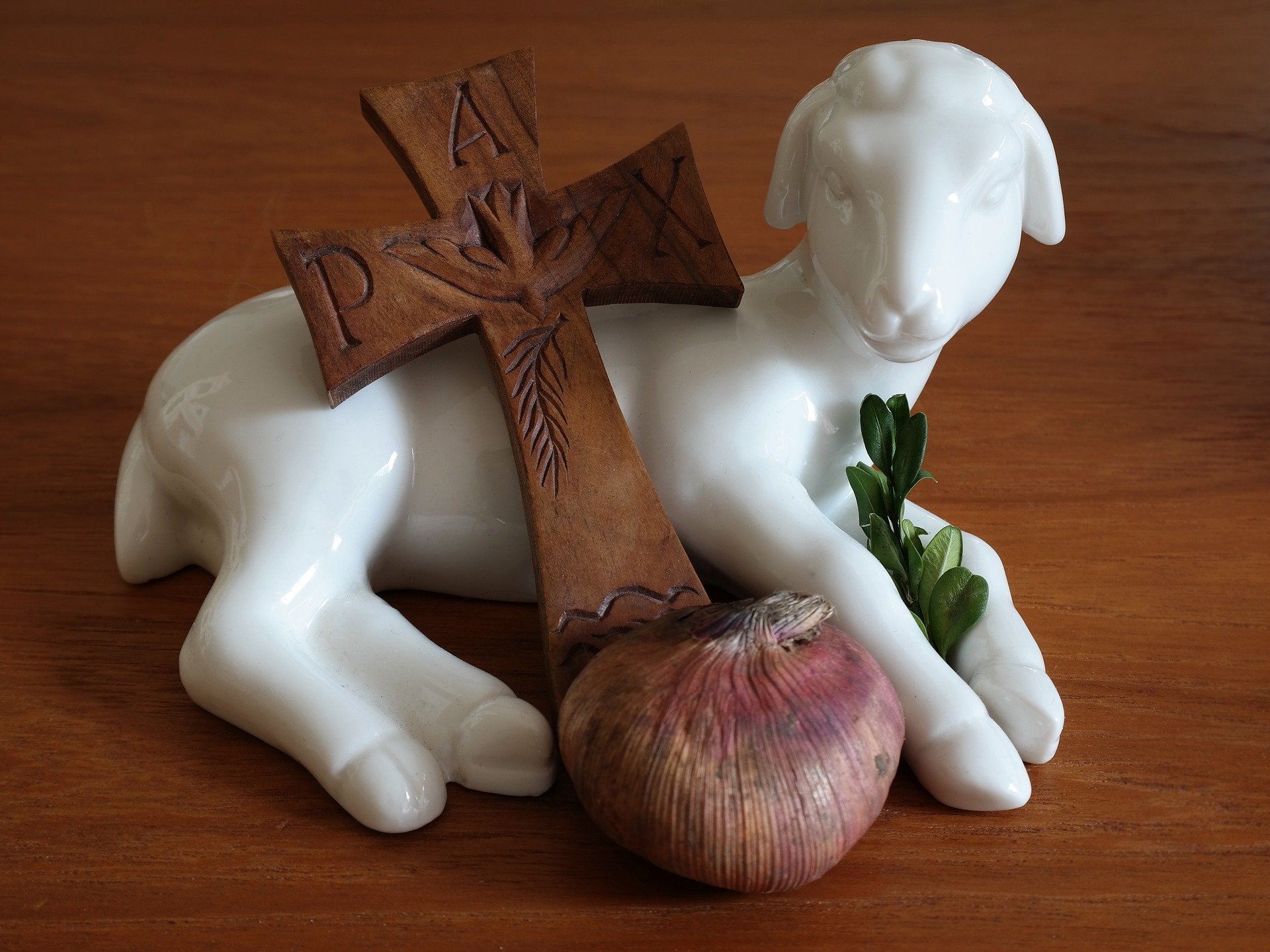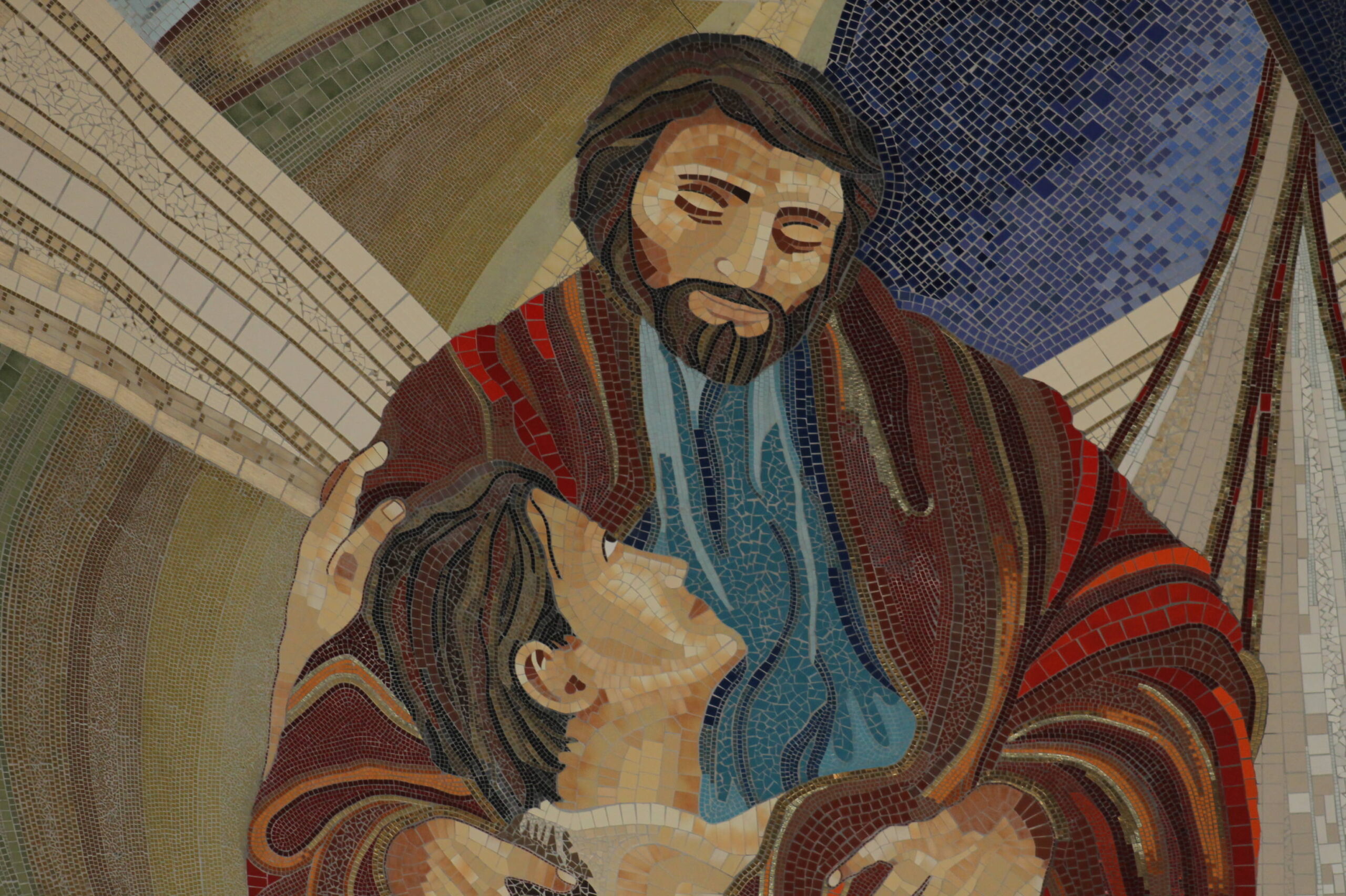Today’s readings provide such comfort to our hurting world! Each of them provides a beautiful description of God’s loving, generous care.
No matter what anyone has done to you to lead you astray, God will care for you and bring you back to your rightful place and dignity.
Through His providence He will lead you where you need to be, regardless of what is going on around you in the valley of the shadow of death.
No matter how far off you have gone, God can guide you back to Him and give you His peace, a peace the world cannot give.
When we seek Him, God will have pity on us and give us what we need.
Because, my brothers and sisters, when we seek God and trust in His care, He may not choose to take away our sufferings or fears, but He will guide us safely through them. He may not change our outside circumstances, but He will change our hearts, if we let Him.
 J.M. Pallas has had a lifelong love of Scriptures. When she is not busy with her vocation as a wife and mother to her “1 Samuel 1” son, or her vocation as a public health educator, you may find her at her parish women’s bible study, affectionately known as “The Bible Chicks.”
J.M. Pallas has had a lifelong love of Scriptures. When she is not busy with her vocation as a wife and mother to her “1 Samuel 1” son, or her vocation as a public health educator, you may find her at her parish women’s bible study, affectionately known as “The Bible Chicks.”
Feature Image Credit: geralt, https://pixabay.com/photos/religion-faith-shepherd-sch%C3%A4fer-3450127/











